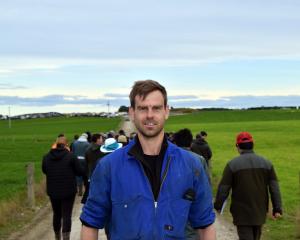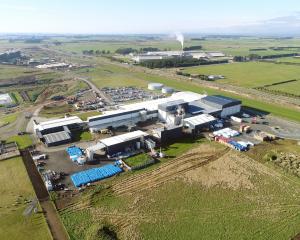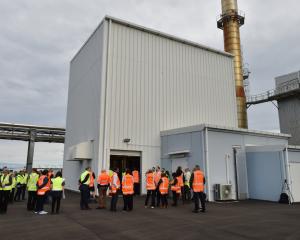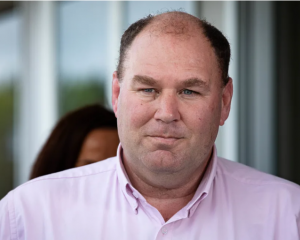
Parliament's environment watchdog says the science of methane is already settled - and the only remaining questions are political.
Its chief economist says the government could save money by using "comprehensive" research that has already been done - twice.
The government's 36-point plan for the next three months includes reviewing targets for cutting the potent but short-lived greenhouse gas, which is burped by the country's cattle and sheep.
On Saturday, the government announced an independent panel would review the science on agricultural methane and report back by the end of the year.
The independent Climate Change Commission was already in line to report back on methane, so the announcement adds a second layer of expert review.
Parliamentary Commissioner for the Environment chief economist Geoff Simmons said the research on methane was already done.
He said the real debate was not the science but what was fair for farmers to do - and that was a question for politicians to solve.
"If the government is looking to save money, the science is done and was done pretty comprehensively so they should be looking at our work before commissioning anything new. They'll just be dealing with all the same scientists, again."
Two previous studies looked at getting farming's methane emissions to the point where they contributed no added warming to the climate (beyond what New Zealand farming was already making).
They found it would require cuts of 10-22 percent (according to a study by the commissioner's office) or 15-27 percent (according to a study by scientists at Oxford and Cranfield Universities, funded by farmer groups) by 2050.
Simmons noted the top end of those ranges - 22 or 27 percent - was consistent with the lower end of what was already required by climate law.

"If the millions of dollars the government has poured, with industry, into looking for a technical solution [to methane], if that comes through, will the industry reduce more or will they say this allows us to increase production?"
Methane targets are currently set at 10 percent cuts by 2030 and 24 to 47 percent by 2050, while carbon dioxide must fall to net zero at the same time.
The review will look at whether those methane targets are consistent with causing 'no additional warming' beyond what is already being created - a hotly debated concept, popular with farming groups and supported by some prominent climate scientists.
The environment commissioner, former National Cabinet minister Simon Upton, previously criticised the concept of 'not increasing' warming - as opposed to trying to reduce heating - as too weak for a developed country.
His 2022 report said it was "difficult to sustain the argument that the ambition of the agriculture sector should be to maintain the warming from its biogenic (animal) methane emissions at the current level".
Some climate specialists posting on social media last week called 'no added warming' a dangerous concept, because, they said, it assumed farmers had a right to keep heating the planet by the same amount.
Climate scientist Nathanael Melia - who worked on some of the research - was more sympathetic to reducing the targets.
He said the review would not add anything new to the science, which had been settled for decades.
But he said the government could get the political outcome it wanted by how it phrased the research question.
"The answer could be anywhere between a 5 percent reduction and a 50 percent reduction, based on whoever's in charge of the government", he said, adding that a range of numbers could be scientifically defensible.
Melia said the choice of start date for measuring methane's heating, how much other countries were assumed to cut emissions, and the study design would all hugely influence the outcome.
He personally supported lowering the target to around 10-15 percent, because methane was shorter-lived and less prevalent than carbon dioxide.
But he said that would mean more cuts to the carbon dioxide pumped out by other kinds of businesses, and households, if New Zealand was still going to meet its climate targets.
"If the target was lightened from what the Zero Carbon Act suggests, it would put more of an onus on other sectors, sectors like transport and tourism and heavy industry. It's a very uncomfortable question that the government is going to have to grapple with," he says.
Beef and Lamb welcomed the review in a statement, while DairyNZ said it would wait to comment until it saw details of the scope of the review.
Asked if the government was committed to changing targets to be consistent with what the review found, and if the review was a repeat of existing research, Climate Change Minister Simon Watts referred RNZ to Agriculture Minister Todd McClay, who had not replied at the time of publication.















